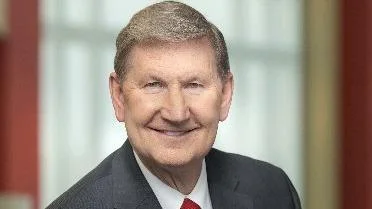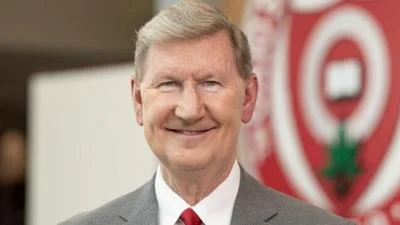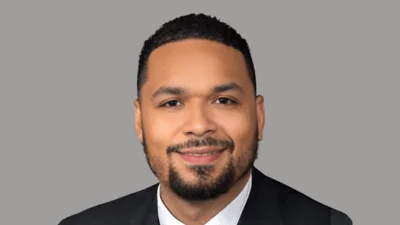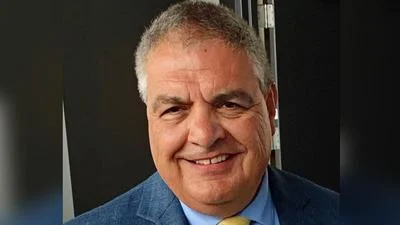Walter “Ted” Carter Jr. President at Ohio State University | Twitter Website
Walter “Ted” Carter Jr. President at Ohio State University | Twitter Website
The American Society for Virology's 43rd annual meeting, hosted by The Ohio State University this week, marked significant milestones. The event attracted over 2,000 attendees from 50 countries and featured a keynote speaker from outside the biological or medical fields for the first time.
Adam Berinsky, the Mitsui Professor of Political Science at MIT, opened the meeting with a lecture on misinformation and methods to combat it. Though his research primarily focuses on political misinformation, Berinsky emphasized its relevance to virology in an era marked by anti-science sentiment and declining trust in experts.
ASV President Anne Moscona highlighted the importance of addressing misinformation that undermines scientific evidence. "A problem so worrisome to our community," she remarked, urging collaboration with Berinsky.
Shan-Lu Liu, a virology professor at Ohio State and co-director of the Viruses and Emerging Pathogens Program of the Infectious Diseases Institute, chaired the organizing committee. Liu has been named president-elect of ASV and will assume presidency in 2025. The conference included symposium presentations by leaders in various virology disciplines alongside poster sessions and trainee workshops on science, career development, and communication.
Linda Saif, Distinguished University Professor at Ohio State’s Center for Food Animal Health, discussed coronaviruses' ability to transfer from animals to humans. She highlighted ongoing research indicating that white-tailed deer in Ohio have been infected with SARS-CoV-2 by humans and could serve as reservoirs for viral mutation.
Andrew Bowman, professor of veterinary preventive medicine at Ohio State, presented updates on research detecting SARS-CoV-2 in Ohio deer. Bowman has also led influenza surveillance at swine-human interfaces and recently found H5N1 viral RNA in commercial milk products.
Liu emphasized the conference's role in educating the public about virology research while benefiting from Berinsky’s insights into misinformation. Misinformation during the COVID-19 pandemic remains persistent; conspiracy theories continue to circulate. Berinsky's studies show that countering such rumors requires trusted messengers and repeated efforts targeting undecided individuals who are unsure about what is true.
Collaborating with Facebook and Google, Berinsky’s team developed interventions encouraging users to verify information before sharing it online. "Most people don’t want to share bad information," he noted. These “accuracy nudges” were found effective but modestly so; hence a multifaceted approach is necessary for combating misinformation effectively.
“There’s been this long search for a magic bullet. It doesn’t exist,” Berinsky concluded. “But don’t give up on the enterprise.”
###






 Alerts Sign-up
Alerts Sign-up